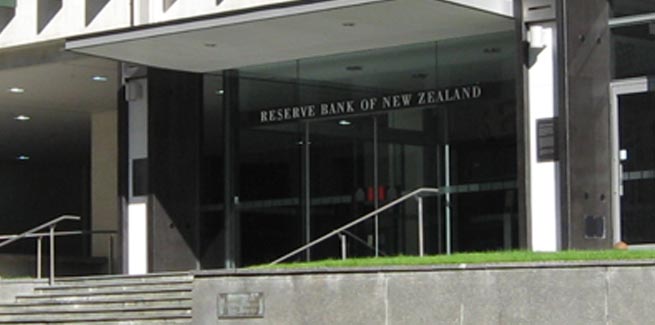The Reserve Bank of New Zealand’s monetary policy committee has this week (13 April) confirmed that it will increase the official cash rate (OCR) by 50 bps, lifting it to 1.50 per cent.
This raise marks the fourth consecutive rise of the country’s cash rate, and its largest since May 2000.
Justifying the monetary policy committee’s decision to raise the OCR was to “maintain price stability and support maximum sustainable employment” in the face of both domestic and global inflation.
Currently, New Zealand’s consumer price index (CPI) sits at 5.9 per cent, the highest reported since the 7.6 per cent reported in June 1990, according to the country’s official data agency Stats NZ Tatauranga Aotearoa.
According to the RBNZ, New Zealand’s CPI is expected to peak “around 7 per cent in the first half of 2022”.
“The level of global economic activity continues to generate rising inflation pressures, exacerbated by ongoing supply disruptions in large part driven by COVID-19,” the RNBZ said on the rise of its cash rate.
“The Russian invasion of Ukraine has significantly added to these supply disruptions, causing prices to spike in internationally traded commodities and energy.”
In addition to these international factors, a lack of labour supply, house prices falling “from their recent high levels”, and employment being “above its maximum sustainable level” were also influencing factors in this decision.
“Heightened global economic uncertainty and inflation are dampening consumer confidence. The rise in mortgage interest rates – amongst other factors – have acted to reduce mortgage demand and house prices,” the RBNZ added.
As per the monetary policy committee summary of its meeting, increasing the OCR by more now, rather than later, is a “path of least regret”, and will “head off rising inflation expectations and minimise any unnecessary volatility in output, interest rates, and the exchange rate in the future”.
The decision stands in stark contrast to the Reserve Bank of Australia (RBA), which announced earlier this month that the cash rate would remain at 0.1 per cent.
The RBA’s call to keep the cash rate at 10 bps remains in line with its previous commitment to not lift interest rates until inflation is “sustainability” with the 2 to 3 per cent range, which in turn would mean annual wage growth is at least 3 per cent.
Australian Bureau of Statistics data released earlier this year showed that wages increased by 2.3 per cent during the 2021 December quarter.
Earlier this month, in the wake of the RBA’s latest decision, all four major banks stated that they predicted rates will increase in June.
[Related: Major banks revise cash rate forecasts]
 ;
;